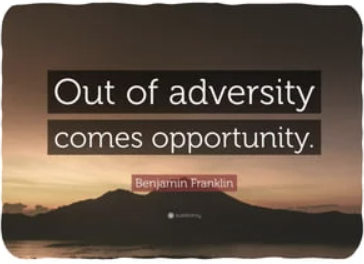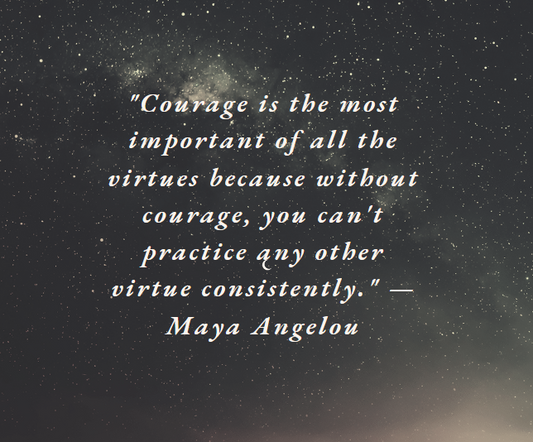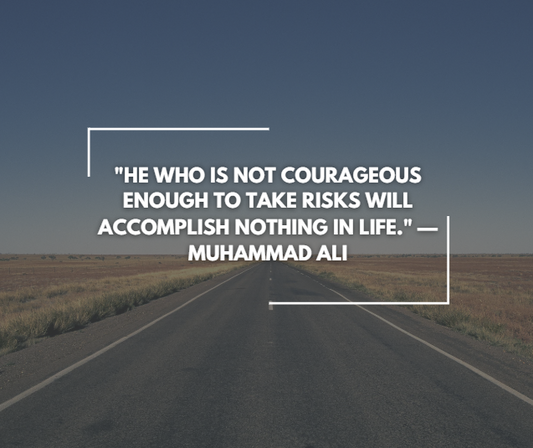The ability to overcome hardship and seize opportunities is a monument to human tenacity and creativity. Even though taking on obstacles might seem overwhelming, they frequently serve as a catalyst for our progress and achievement. Ten strategies for overcoming hardship and turning it into opportunity are listed below:
1. Mindset Shift: Embrace a growth mindset. Instead of viewing adversity as a roadblock, see it as a stepping stone toward personal and professional development. This shift in perspective lays the foundation for turning challenges into opportunities.
2. Learn from Failure: Failure is not the end but rather a crucial part of the journey toward success. Analyze failures, extract lessons, and use them as building blocks for future endeavors. Every setback offers valuable insights that can lead to innovation and improvement.
3. Adaptability: In the face of adversity, adaptability is key. Be open to change and willing to adjust strategies or goals as needed. Flexibility allows for creative problem-solving and enables individuals to thrive in uncertain circumstances.
4. Resilience Building: Cultivate resilience to bounce back stronger from setbacks. Develop coping mechanisms, such as mindfulness practices or seeking support from others, to navigate through tough times with resilience and grace.5. Seek Opportunities for Growth: Adversity often presents hidden opportunities for growth and self-discovery. Embrace challenges as chances to stretch beyond comfort zones and acquire new skills or knowledge. Approach obstacles with curiosity and a willingness to learn.
7. Embrace Creativity: Adversity stimulates creativity and innovation. Think outside the box to find unconventional solutions to problems. Constraints can serve as catalysts for creativity, prompting individuals to explore alternative approaches and uncover new possibilities.
9. Emotional Intelligence: Develop emotional intelligence to navigate through adversity with resilience and empathy. Recognize and manage emotions effectively, both within oneself and in interactions with others. Emotional intelligence fosters adaptability, fosters collaboration, and enhances decision-making in challenging situations.






